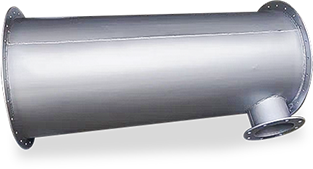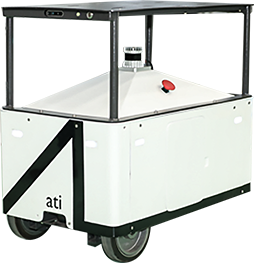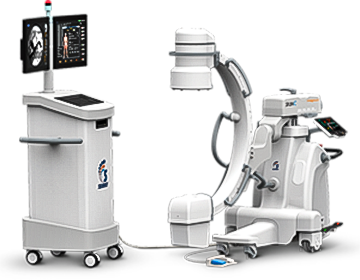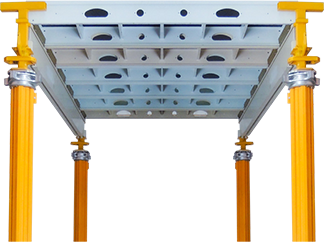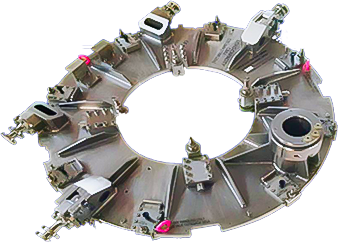Material Description
Nylon, also known as polyamide, is a versatile and widely used thermoplastic resin renowned for its exceptional mechanical properties and durability. This synthetic polymer boasts a high tensile strength, typically ranging from 50 to 170 MPa, making it an excellent choice for applications demanding robust structural components. Furthermore, nylon exhibits notable flexibility and impact resistance, with elongation at break values typically falling between 100% and 400%, depending on the specific type of nylon. Its ability to absorb moisture, with water absorption rates typically in the range of 2-9%, can be advantageous or problematic depending on the application. Nylon’s melting point is around 180-220°C, while its glass transition temperature varies by type, generally falling between 40-80°C. This diversity in material properties, depending on the specific formulation and manufacturing process, makes nylon resins a preferred choice in industries ranging from automotive and aerospace to consumer goods and textiles. Additionally, its excellent chemical resistance, self-lubricating properties, and electrical insulating capabilities contribute to its widespread utilization across a broad spectrum of applications.
Common Industry Applications
In the robotics and automation industries, vacuum-casted nylon resins are used to produce strong, durable prototypes and parts for robotic systems and automation equipment.
Sub-Processes
Vacuum Casting
| Density (g/cm³) | Tensile Yield Strength (MPa) | Young's Modulus (GPa) | Hardness (Shore D) | Thermal Conductivity (W/m·K) | Thermal Expansion Coeff (10^-6/°C) | Specific Heat (J/g·°C) | Electrical Conductivity (S/m) |
|---|---|---|---|---|---|---|---|
| 1.13 - 1.15 | 50 - 80 | 1 - 3 | 70 - 85 | 0.25 - 0.35 | 80 - 120 | 1.5 - 1.8 | 1e-14 - 1e-11 |
Design Recommendation
When vacuum casting with nylon resins, choose a material with appropriate viscosity to ensure the mold fills evenly and without issues. Vacuum degassing is necessary to remove trapped air, reducing the risk of defects in the final parts. Using a flexible mold material allows for easy demolding, while post-curing can improve the strength and overall properties of the casted parts.
Cost Saving Tip
Cost-effective casting of nylon resins necessitates precise measurement and mixing. Controlling mold temperature is crucial to achieve the desired mechanical properties in the final product. Additionally, investing in durable molds that can be used for multiple castings reduces the need for frequent mold replacement, saving both time and money.
